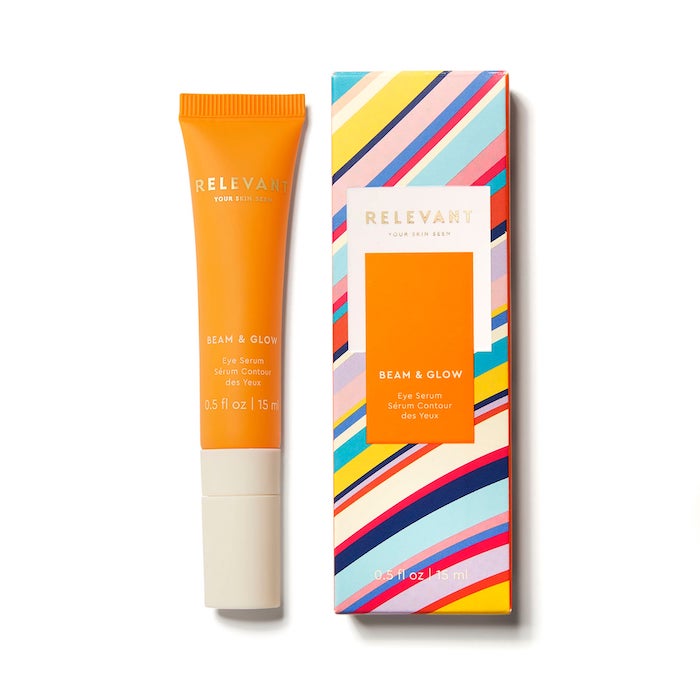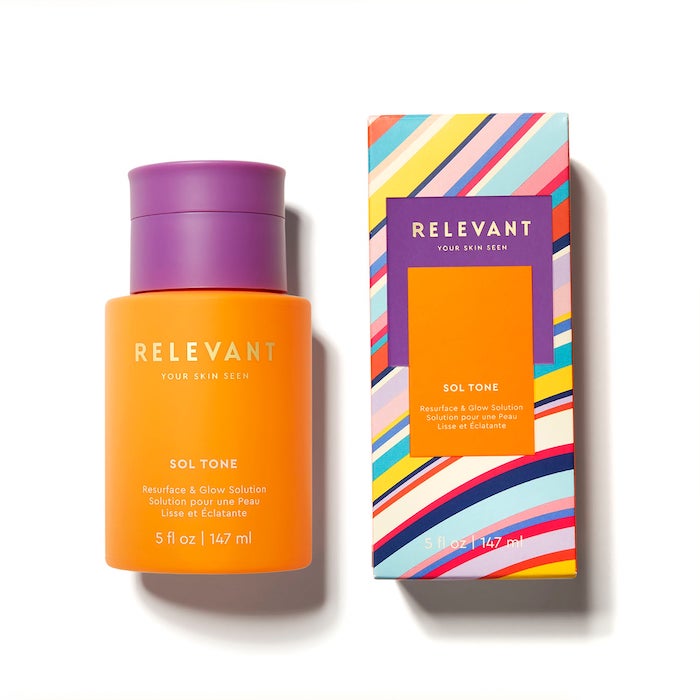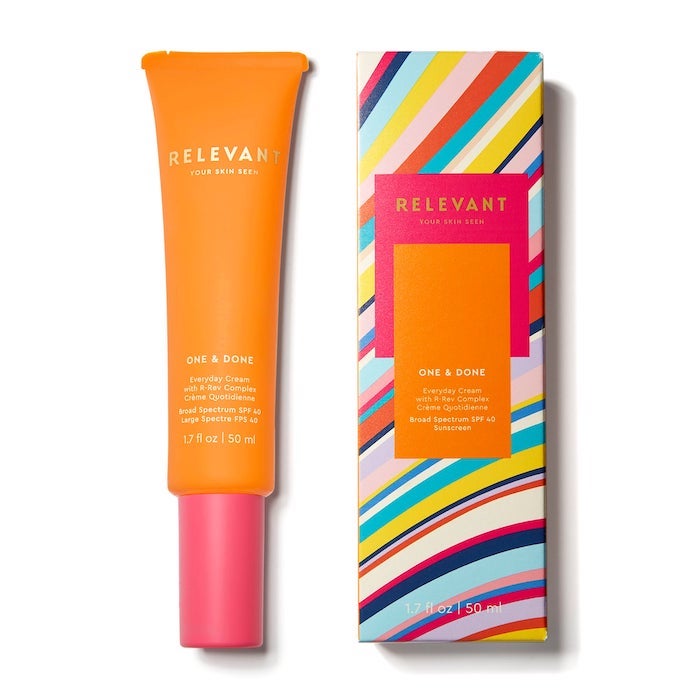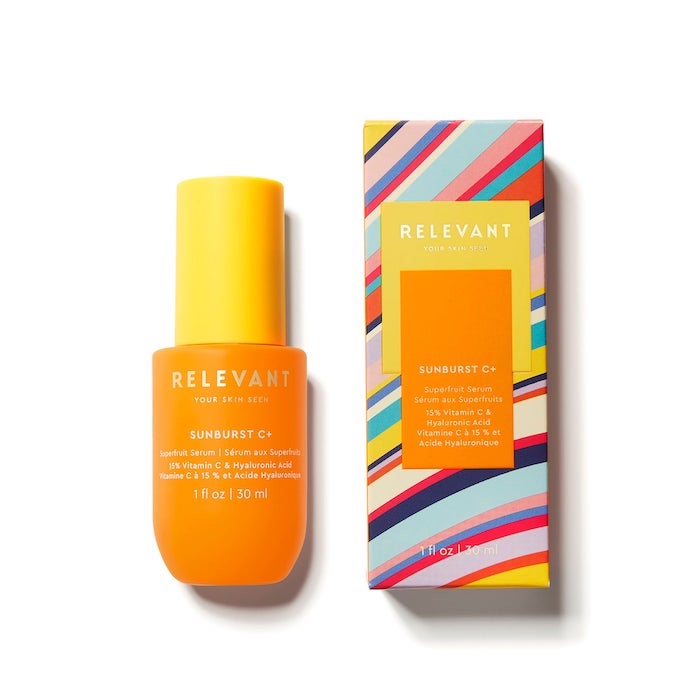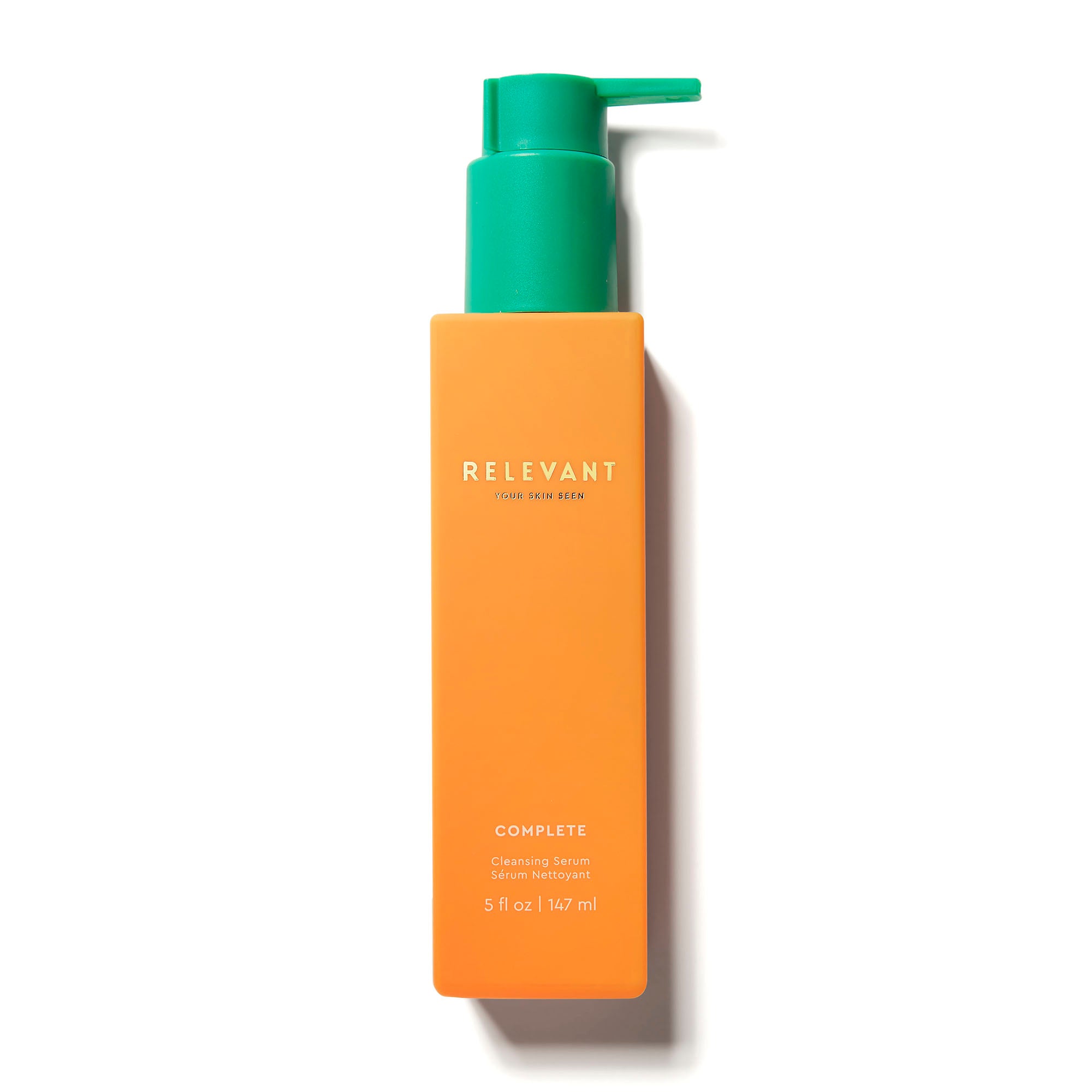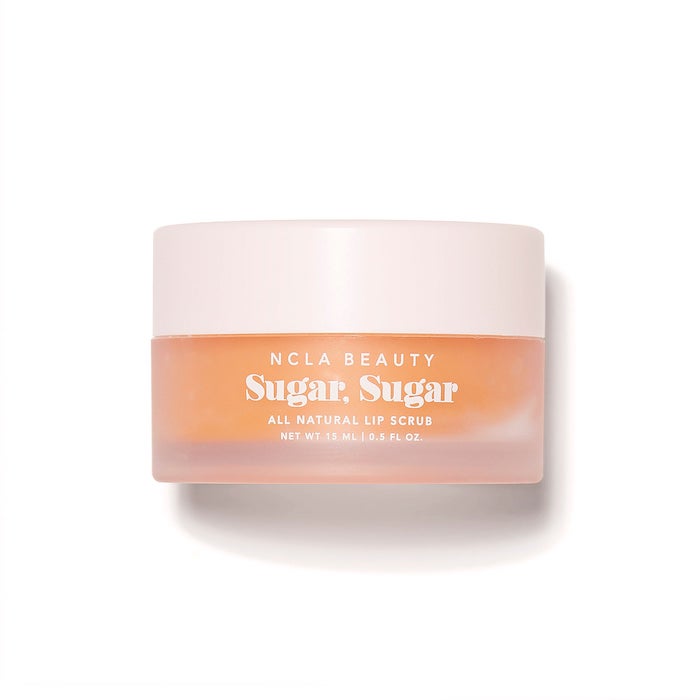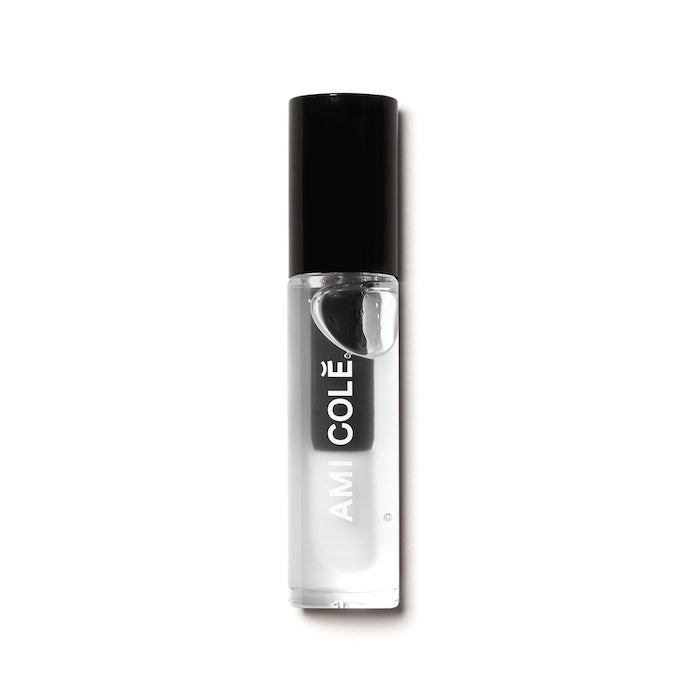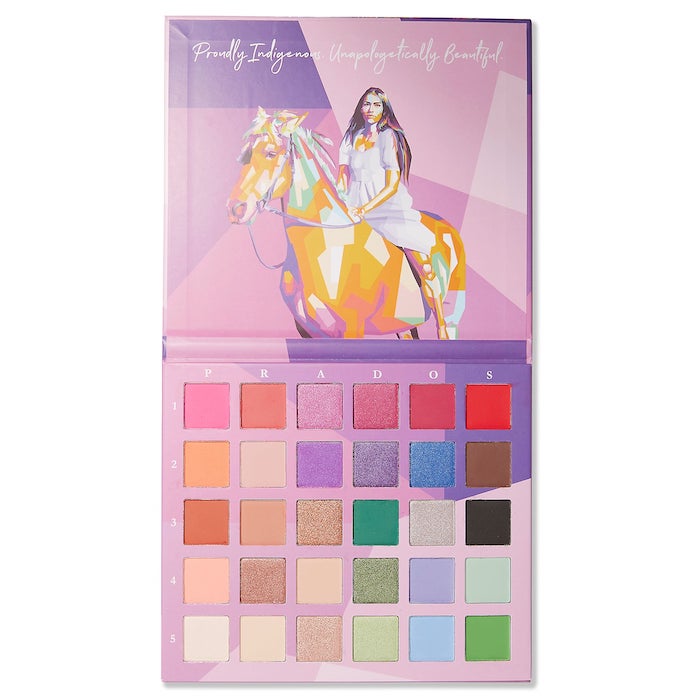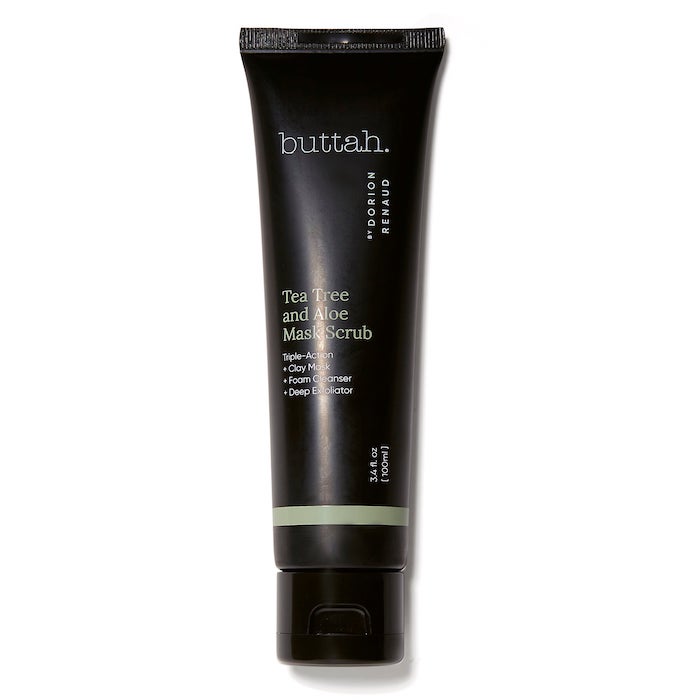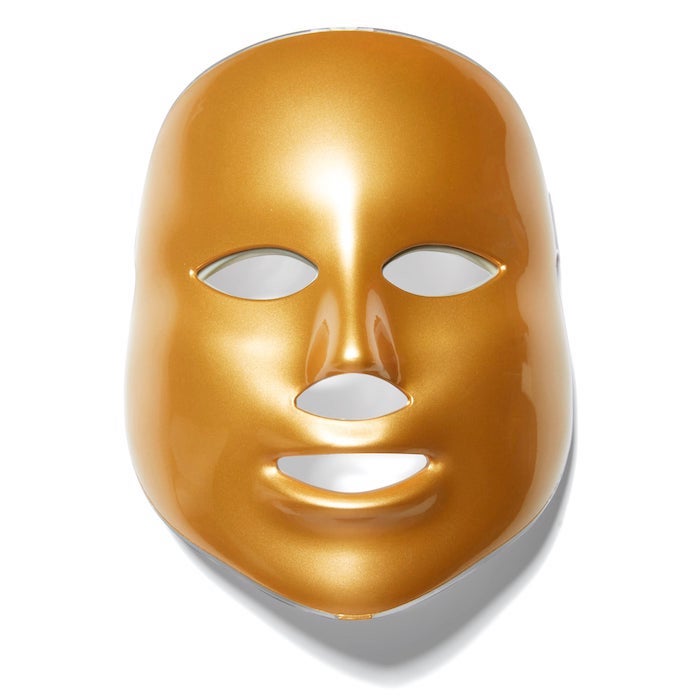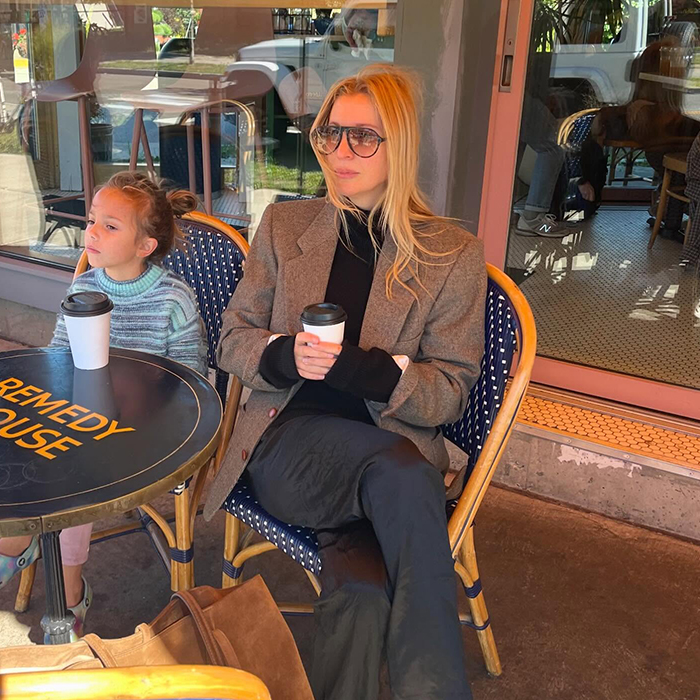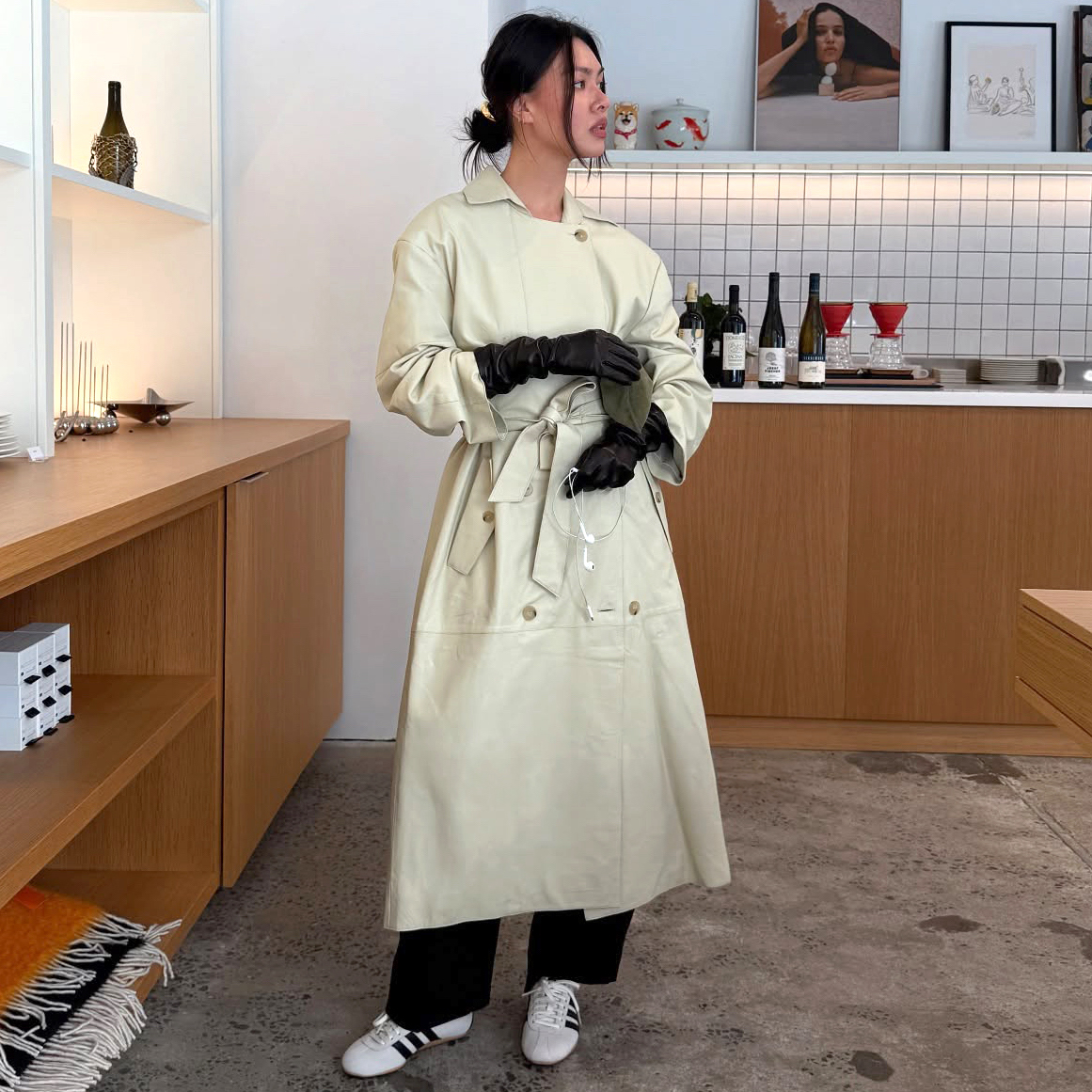How Nyakio Grieco Is Making Sure All Skin Is Seen and Cared For

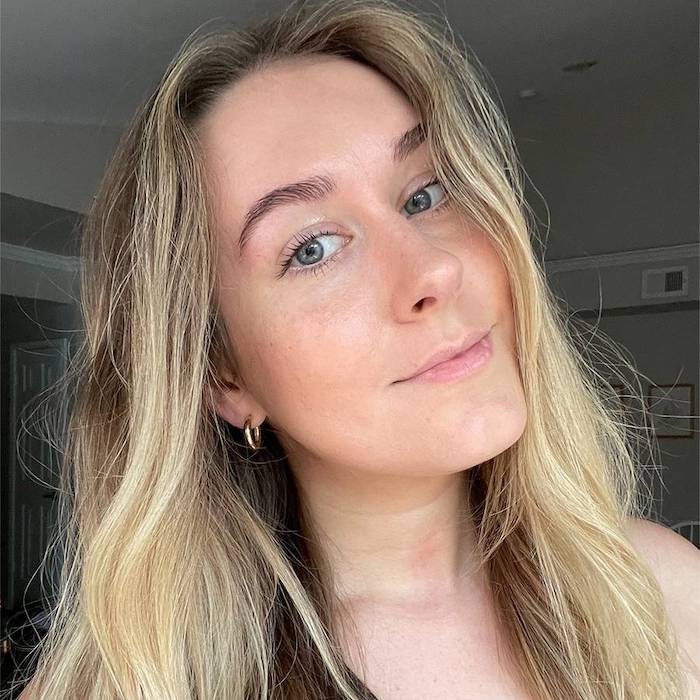
With a firm handshake, say hello to Business of Beauty—an exclusive, inside look at each of the incomparable journeys of entrepreneurs of color in the beauty industry. This series is anything but business as usual. It's a raw, honest look at the unique and often overlooked challenges that people of color face when starting their own beauty brand. Each founder will reveal the biggest hurdles they’ve overcome, their internal struggles, and their deepest thoughts about what needs to change in the beauty industry (and the world, really) to make it a more inclusive space for everyone.
This time around, we're getting to know Nyakio Grieco, the founder of Relevant: Your Skin Seen and the co-founder of Thirteen Lune. As a 20-year veteran in the beauty industry, Grieco is determined to create an inclusive and welcoming space for all. Read all about her journey below.
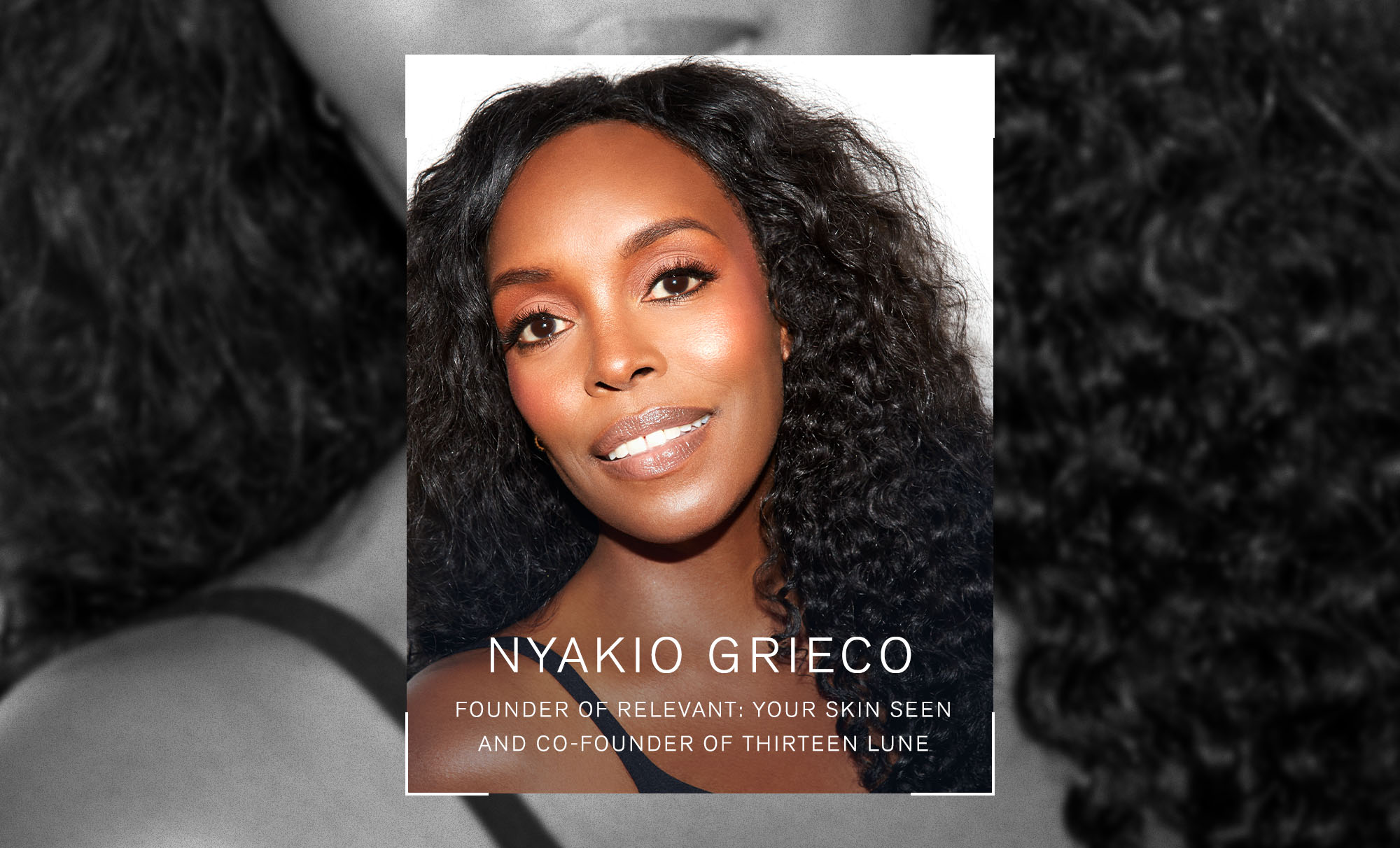
Nyakio Grieco is a 20-year veteran of the beauty industry. As a first-generation American of Kenyan descent, Grieco grew up learning the heritage beauty secrets passed down to her by her grandmother and grandfather (the latter a medicine man). At 27, she quit her job to start her first company, Nyakio, selling products inspired by her grandparents and their knowledge of African ingredients. At first, she had a single product—her grandmother's coffee scrub. From there, she painstakingly built the brand, growing it until it went into a portfolio, which was then sold to Unilever in 2017.
In 2020, Grieco co-founded Thirteen Lune, the e-commerce platform that brings together the best of luxurious and efficacious Black- and Brown-owned beauty brands. Then, in 2022, Grieco launched Relevant: Your Skin Seen, a skincare brand devoted to caring for all skin, regardless of tone or type. It was a natural next step in her mission to "usher in a new paradigm" in which all people are given the opportunity to be seen and take up space. Grieco is, by all accounts, a driving force in the beauty industry, championing diversity and inclusion at every turn. Read my interview with her below.
You have over 20 years of experience in the beauty industry. Can you tell me about your background and walk me through your history?
I am a first-generation American of Kenyan descent. I was born on the East Coast but raised in Oklahoma. I graduated with a business marketing degree and moved out to L.A. and like all other 20-somethings became a Hollywood assistant. I worked at a large talent agency. Then, I sort of worked my way through the entertainment industry—sometimes on the production side, sometimes on the representation side. I really found that what I loved the most was representation and working with actresses. While I liked the aspect of their acting careers, my favorite thing was to participate in anything fashion and beauty related. If they were doing a shoot, I wanted to be on set. I wanted to be in the makeup trailers playing with all the products. This was at a time in the early 2000s when actresses were starting to get significant beauty deals, and I wanted to be part of those negotiations.
I obviously had a lot of products coming across my desk working with A-list actresses. I found that the continent of Africa was very rarely represented in a premium way. Because I hailed from my grandmother Nyakio, who I named my first brand after, and my grandfather, who was a medicine man, I learned from those beauty secrets passed down through my mother and father and then to me.
My grandmother Nyakio actually taught me my first beauty secret when I met her for the first time in Kenya, using Kenyan coffee beans and sugarcane that grew on her farm to exfoliate our skin. So my beauty journey kind of began at the age of 8 but really solidified in my early 20s. I thought, Gosh, it’s sad that all of these brands across many categories are using ingredients that come from Africa, but nobody’s talking about Africa. I’m going to quit my job at 27, and I’m going to make my grandmother’s coffee scrub. So that’s what I did. I realized very quickly that it was not going to be as easy as it sounded, and I didn’t have a lot of access to capital, so I had to go the friends-and-family route to raise enough capital to get the product made. I had to learn the ins and outs of how to find a lab, and once I had a lab, how do I find packaging? It was my own version of grad school, really, becoming an entrepreneur at 27 years old.
As the brand started to grow, I took on partners. I had many stops, many starts, and many challenges that were mostly due to a lack of access to capital. Lack of access to capital meant a lack of access to launching a major distribution. I didn’t give up. I kept going. I found creative ways since I didn’t often get calls back from private equity firms or venture firms to capitalize the business.
Eventually, Nyakio went into a portfolio. In 2017, the entire portfolio was sold to Unilever. I stayed on with the brand after the acquisition. In the midst of 2020, in a global pandemic, in the midst of a racial reckoning, all of a sudden after 18 years of this hustle, I found myself on all of the lists—you know, Black-owned businesses to shop and follow. It was lovely to receive the accolades, but it was built on the precipice of this hard time.
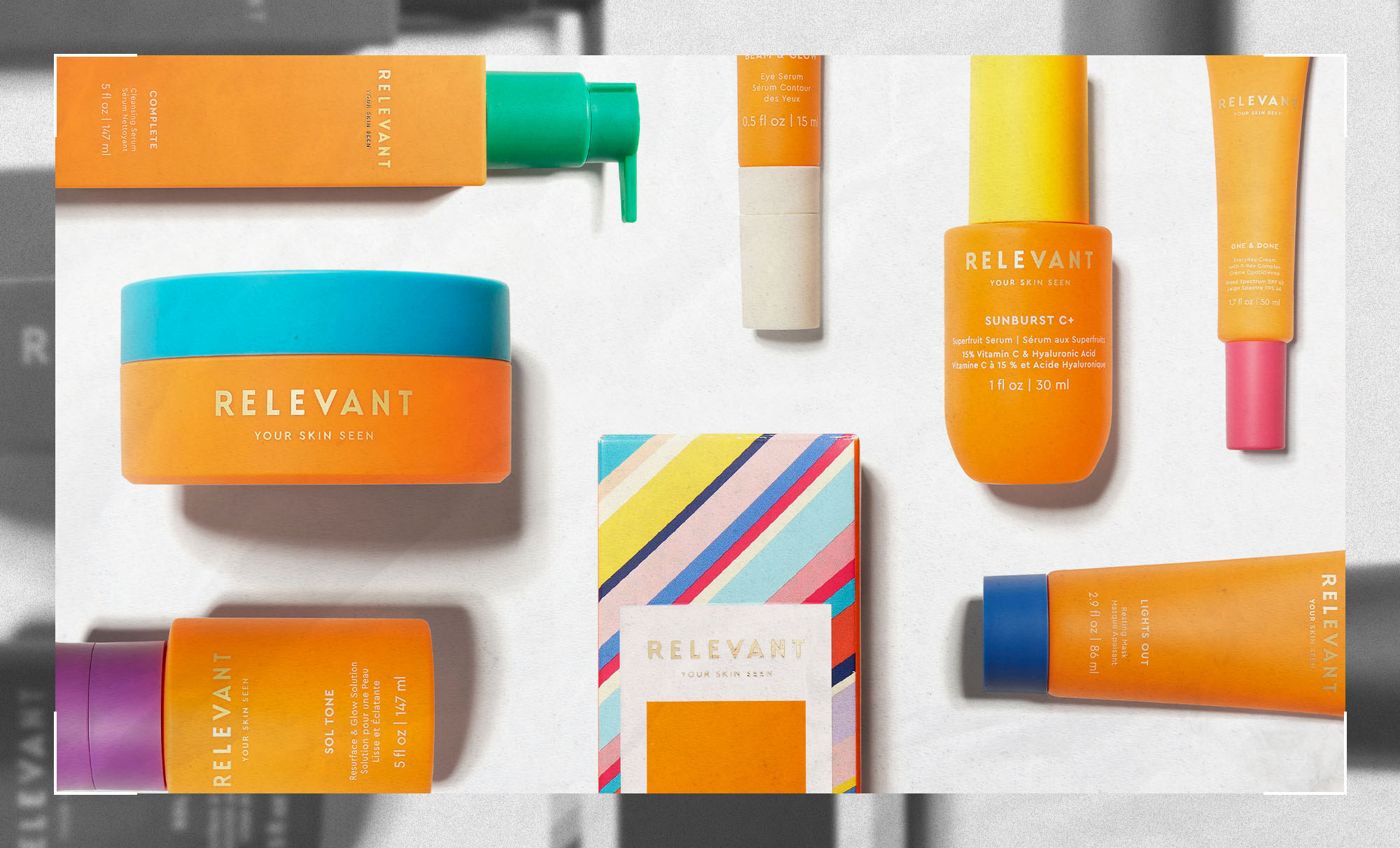
As an entrepreneur 18 years in at that point, I thought, This is what it took for me to land on the map? Yes, I had some happy moments and key wins with Nyakio, but I’d also had some brutally challenging on-your-knees-in-tears moments of not feeling seen and not feeling supported. I was always the tiny, niche, Black-owned brand. I decided to take my pain and turn it into purpose, and I just started shopping the list because what else were we going to do? I wanted to be part of the change. I wanted to be part of the movement.
I was shocked when I would look at these lists, and I would find these beautiful brands that I’d never heard of before. When I would go down a rabbit hole and look at their Instagrams and websites and saw that they had very little distribution and some of them didn’t have a lot of followers… We’re seeing amazing, beautiful initiatives like the Fifteen Percent Pledge and Pull Up for Change happening, but in my head, I thought, It shouldn’t be this hard to get an enormous amount of brands on shelf.
My co-founder Patrick and I came together. This was our aha moment in June of 2020 in the midst of everything happening after the murder of George Floyd. I said out loud, "If I were to open a store tomorrow, I would have 90% of my brands be created by people of color from all over the globe,” because that’s where all of our beauty secrets and ingredients come from. I wanted to debunk the myth that Black and Brown people only make products for ourselves, which is categorically insane because we know that shea butter and marula oil and all these ingredients that come from the continent of Africa show up in all brands across the industry, so of course, you can use what we make with our ingredients on your skin.
We launched Thirteen Lune in December 2020 with 13 Black-owned brands. Ninety percent virtually and IRL will always be dedicated to BIPOC brands from across the globe, but 10% are dedicated to fostering allyship. Because the other opportunity and responsibility are to bring us all together. Beauty is universal. It’s a way to connect. It’s a way to heal. We’re in some deeply painful times, and in order for Black and Brown people to take up more space, we deserve all the eyeballs. An allied brand we define as a brand that long before 2020 was thinking about all people when it came to shade ranges, formulations, those in front of the camera, behind the camera, and in their hiring process. We’ve done a lot of diligence on brands we invite to be a part of the platform. We know them to be non-performative, true allies.
Sixty days after launch, we got a call from JCPenney saying, "We’re looking for a new hyper-inclusive beauty retail partner to join us on a mission for our new JCPenney beauty space.” While we always knew we’d be omnichannel, 60 days in, to have this opportunity to partner with America’s oldest retailer was just a divine, amazing, incredible gift. We’re now in the process of opening 600 Thirteen Lune stores in JCPenneys nationwide. We also now have over 165 brands and my new baby, Relevant: Your Skin Seen.
That’s incredible. Speaking of Relevant: Your Skin Seen, I’d love to know how you came up with that. What was the genesis?
I believe in science-led and -backed formulations but bringing in heritage ingredients as well because I say the proof is in the pudding; it’s my story. It’s my authentic truth. The real truth is I never had access to the opportunity to really deliver on better serving all consumers, but coming from the lens of a melanin-rich skin consumer. We all have melanin. Relevant: Your Skin Seen is a melanin-safe brand made for all.
I also had the opportunity to learn so much over the last 20 years and work with amazing chemists. Even if they weren’t working on the formulas for my brand, I really took advantage of where I was to learn. I would see these new acids and peels come to market that were touted as safe for all skin tones. Because of the experience I’ve had, not only with my own skin but in this industry, I knew when I turned it over and read the ingredients and the levels of acids that it wasn’t melanin-safe. But I didn’t want to feel left out. Who doesn’t want a great peel? Who doesn’t want the experience of being able to benefit from these ingredients at safe levels?
The same goes for sunscreen. I wear sunscreen every day. I always have, but it’s been a real challenge for me over time to find sunscreens that are noncomedogenic and that don’t cast white or purple on my skin as a person of color. As I would look at how melanoma numbers are going up in Black and Brown communities, it makes perfect sense because we’re not being marketed products that feel good to us or luxurious. Everybody wants to look like themselves after they put their sunscreen on. They don’t want to transform into something they don’t like, so they’ll opt out as a result.
So Relevant: Your Skin Seen is a couple of things. As I said before, it’s the first time that I, as a Black female entrepreneur have had the runway, the autonomy, the support, the access to data, and the opportunity to create the brand of my dreams. I believe that all people deserve to be seen. It’s a running theme in my life, and it has been long before Thirteen Lune and Relevant: Your Skin Seen. How can I bring something to market that will better help others to see themselves and feel considered and feel appreciated and feel nurtured and treasured? That is at the heart of Relevant.
I have to say as far as products go, I’ve tested the eye cream, and I love it.
Agh, yes, the Beam + Glow!
Yes, and I don’t know if you can tell, but I’m prone to dark circles. It’s hard to find an eye cream that I like enough to consistently use. I’ve gone through that tube in record time.
Same. I think I’m on my fourth tube in six months. I’m also prone to dark circles. We went through so many different formulations, and I was like, it’s there, but it’s not there. As a brand founder, you’re always creating products you want to use and then inviting others to enjoy. Even in that, it’s like you have less melanin than I have, but we both have melanin and we’re both prone to dark circles, so my goal is to help everyone achieve results.
I would say this brand is unique because there are a lot of heritage ingredients that many brands use, but they’re not being marketed toward everyone. You mentioned you want to debunk that myth. Can you tell me a little bit about the development process of Relevant? Were there any unique challenges in the formulation process so that they would be safe and efficacious for every skin tone?
Meeting my chemists really allowed me to get the process going even when we couldn’t physically be in the lab. They both, luckily, had their own lab setup at home, so we were able to continue with the development work. I worked with these two chemists specifically because not only are they seasoned, award-winning chemists, but they’re also people of color who know the science of skin and know how to safely create, for example, Sol Tone, a five-acid toner that can work for all people and not cause hypo or hyperpigmentation or making the most stable vitamin C on the market in a way that wouldn’t turn and would help with discoloration. The number one skin concern is dry skin. How were these things going to be hydrating while also helping to slough off dull skin, helping to minimize the appearance of dark circles and puffiness, etc.? It was a fine balance.
On a personal note, just like everyone else, supply chain issues! Starting to develop a brand in 2020 that came out in 2022, I mean, who’s to say it wouldn’t have come out six months earlier if we didn’t have those things? But everything happens as it’s supposed to.
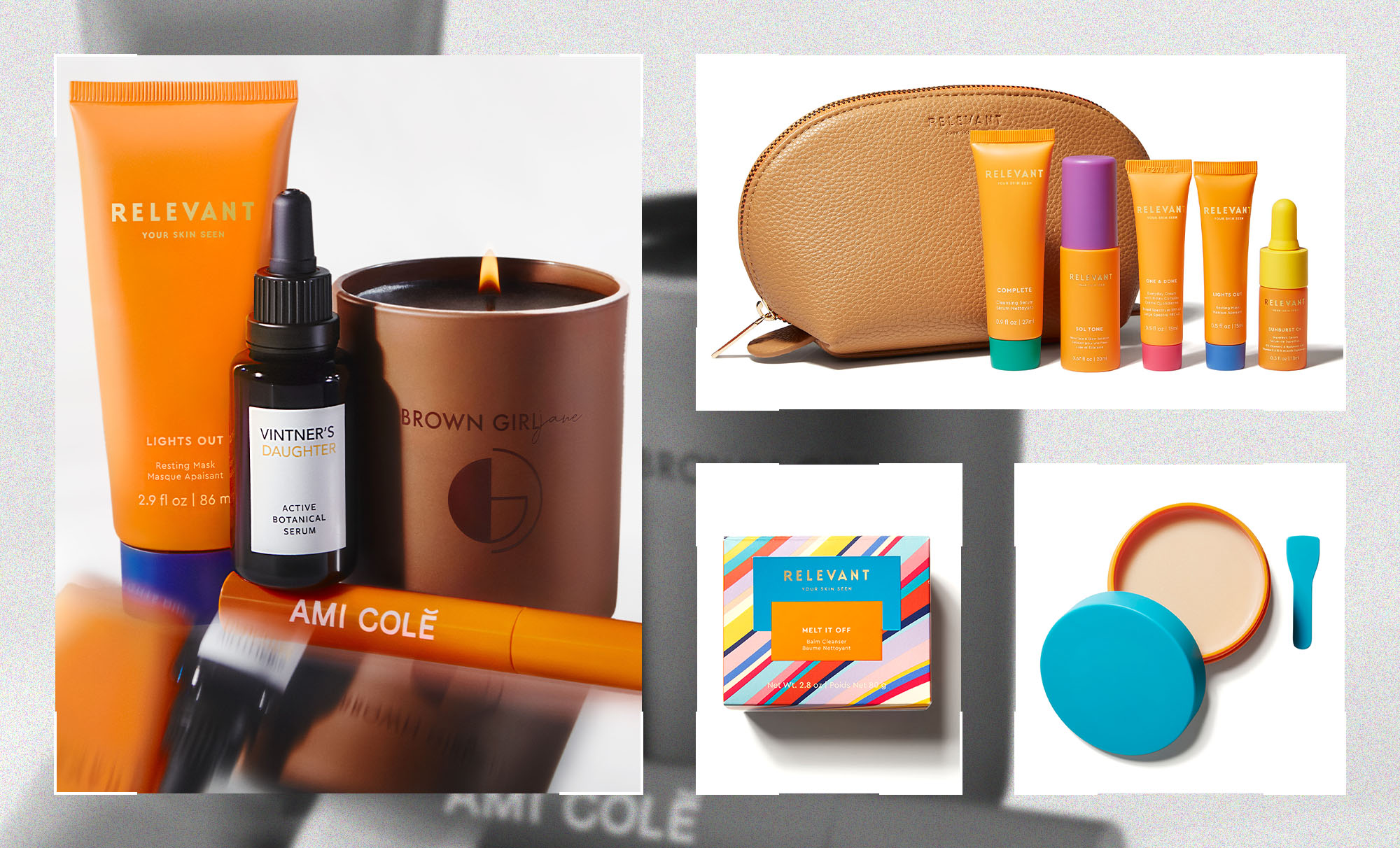
Speaking of championing inclusivity and diversity, I know this is a major discussion and a pretty simple question to cover it, but how do you suggest other brands—particularly those that haven’t focused on inclusivity and diversity in the past—focus on it going forward?
First and foremost, I mean, I say this to my kids, you have to be a good listener. Right now, Black and Brown people are screaming from the rooftops, saying you’re not doing it right by us, so we’ll go ahead and go do it ourselves. For the industry overall, outside of it being the right thing to do, like my co-founder Patrick says, you can build a profitable business, do really well in the world, and do the right thing at the same time. It's like, just listen! This is happening whether you like it or not. It’s not like one day Black and Brown people are going to stop asking for more equitable opportunities in the industry.
I use the example of my children all the time. My children are Kenyan, Irish, Italian, and French. That is what the majority of the world is going to look like—multiracial people. If you’re not speaking to them, right now, as a legacy brand or conglomerate, and truly prioritizing and understanding that already Black and Brown women spend an enormous amount of money on beauty and have made many people billionaires… Just investing enough to bring more of these brands to shelf with the support and autonomy they need to grow and take up more space, brings billions of dollars to the industry overall, so everybody makes money, but you’re doing it in a way that makes a more equitable and fair playing ground.
I think the rest of the industry needs to get on board with the concept of allyship. Being an ally is being a good listener and making sure you’re doing everything in your power—not the bare minimum—to bring more equity and inclusion. I’ll tell you what. I look at my daughter who’s 16 and spends her own money on her beauty products. She will come home and tell me the founder’s story, why she loves it, how this friend uses it… They shop with their hearts and their minds and their passion for the climate and equity.
Absolutely! I love it. People are so informed and they’re conscientious about what they’re putting their money toward. Because you have so much experience in the beauty industry, and you’ve founded multiple brands and platforms, you’re at a really unique place to offer perspective. In 2023, are you more hopeful about the future of the beauty industry? Do you think we’re headed toward a more diverse and inclusive space?
I definitely tend to be an eternal optimist, so I come from a place of hope. There was a lot of anger that happened, even as an eternal optimist in June of 2020. I was angry to see, well, no wonder it was so hard for me! I never thought about it. I would always blame myself for those fall-down moments in my career. It wasn’t until the whole world was forced to sit still during lockdown that I realized no wonder.
We have to get out there and be motivated to make change, but I say this to my kids and I say this to my staff: We are not here to break down an old paradigm. Old paradigms are going down swinging, hanging on to their last bit of relevance; we are here to usher in a new paradigm. Think about all the paradigm shifts that came before us and all the work that was done before us so we could even be sitting here having this conversation. There’s a lot of work to do, but we’ll go do it.
Shop Nyakio Grieco's Beauty Picks
Up Next: Sharon Chuter on Celebrating Her Heritage and the Future of Uoma Beauty

Kaitlyn McLintock is a Beauty Editor at Who What Wear. She has 10 years of experience in the editorial industry, having previously written for other industry-leading publications, like Byrdie, InStyle, The Zoe Report, Bustle, and others. She covers all things beauty and wellness-related, but she has a special passion for creating skincare content (whether that's writing about an innovative in-office treatment, researching the benefits of a certain ingredient, or testing the latest and greatest at-home skin device). Having lived in Los Angeles, California, and Austin, Texas, she has since relocated back to her home state, Michigan. When she's not writing, researching, or testing beauty products, she's working through an ever-growing book collection or swimming in the Great Lakes.
-
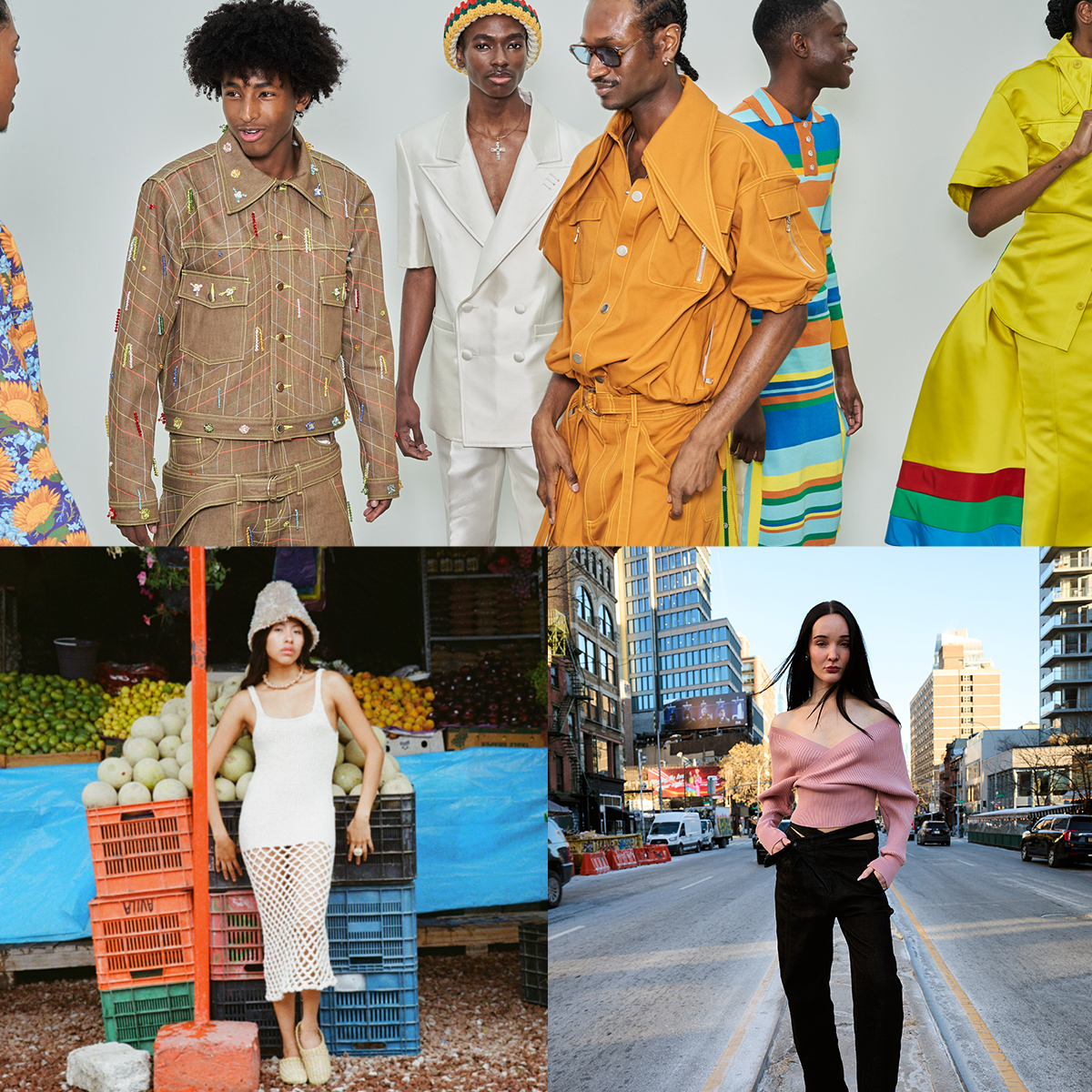 Sustainability, Community, Storytelling: The Rising Designers Defining Luxury's New Era
Sustainability, Community, Storytelling: The Rising Designers Defining Luxury's New EraNames to know.
By Anna LaPlaca
-
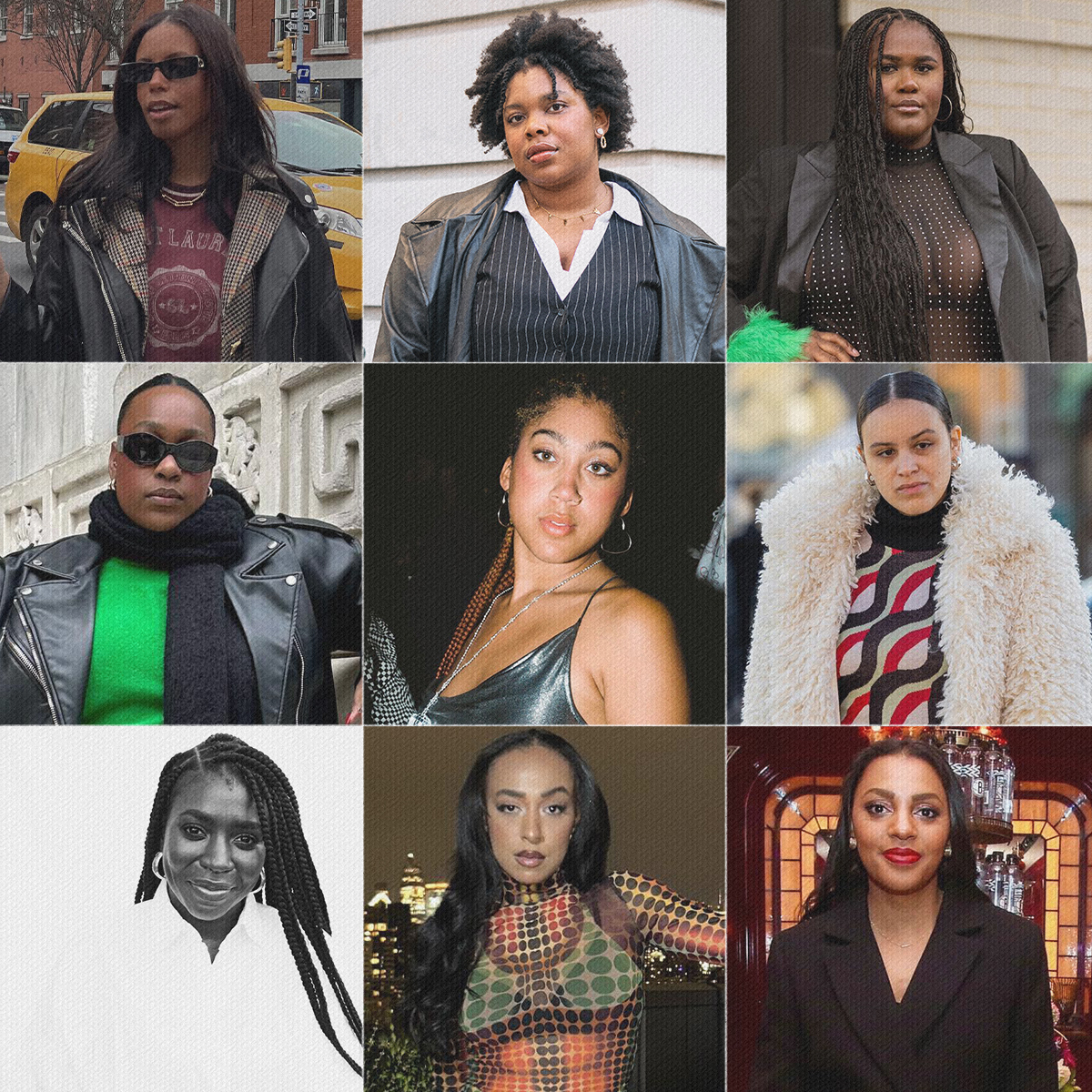 We're Black Fashion Experts—These Are the 26 Brands We're Loving Right Now
We're Black Fashion Experts—These Are the 26 Brands We're Loving Right NowNine Black fashion people spill on the labels they're excited about.
By Grace O'Connell Joshua
-
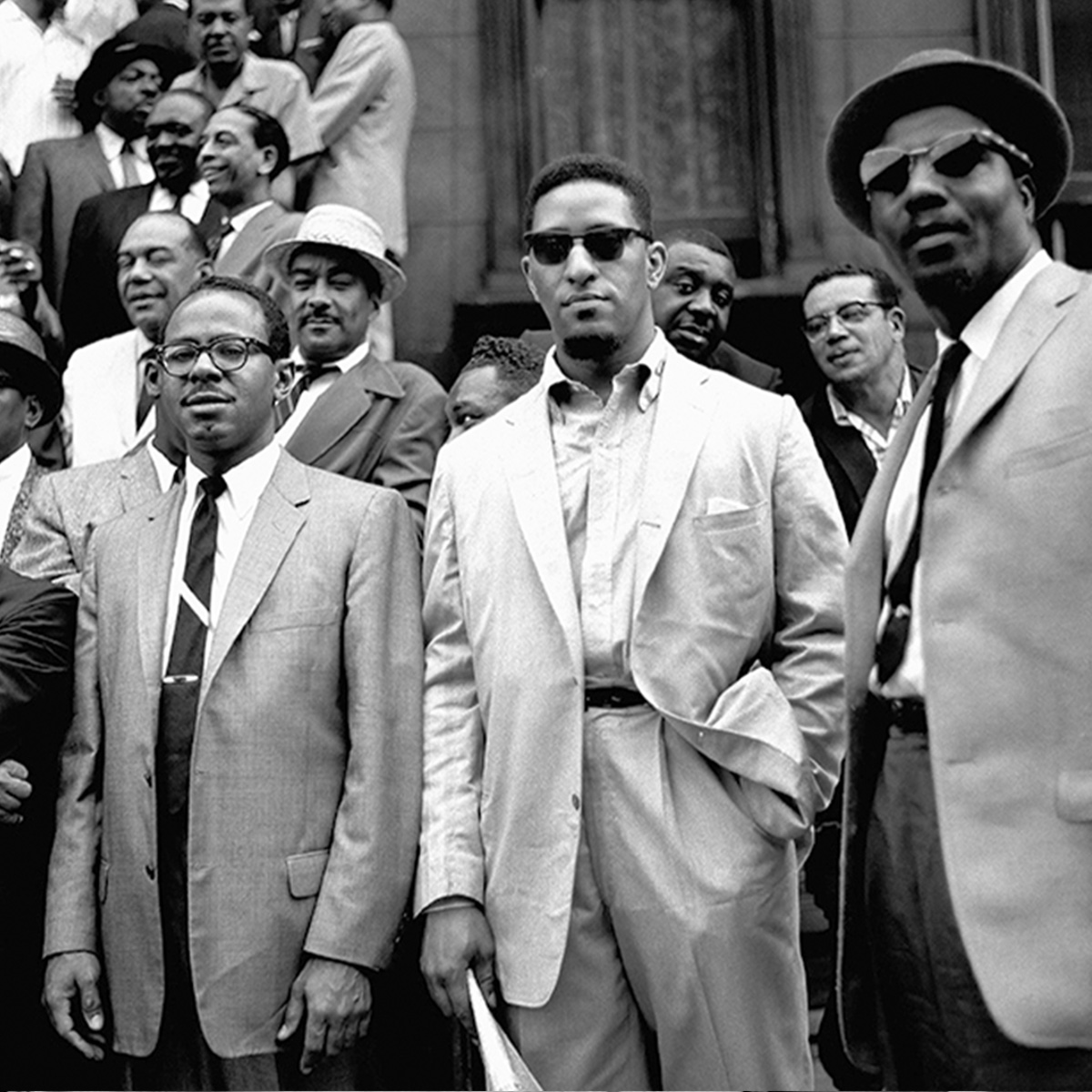 How Ivy Style Became One of the Civil Rights Movement's Most Powerful Weapons
How Ivy Style Became One of the Civil Rights Movement's Most Powerful WeaponsThere's always a deeper story.
By Eliza Huber
-
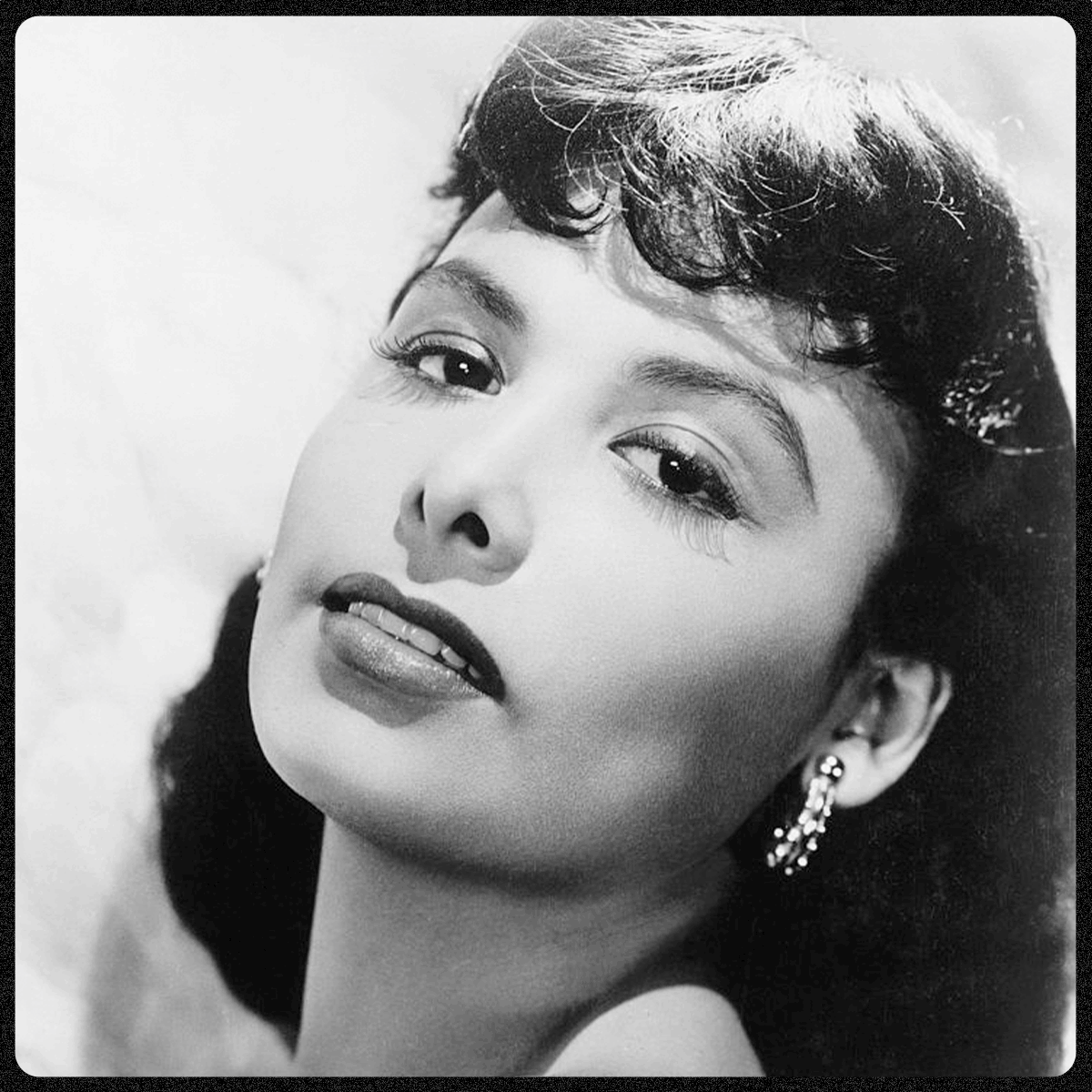 12 Examples of Black Hollywood Redefining Beauty Trends on the Silver Screen
12 Examples of Black Hollywood Redefining Beauty Trends on the Silver ScreenHollywood glam at its finest.
By Maya Thomas
-
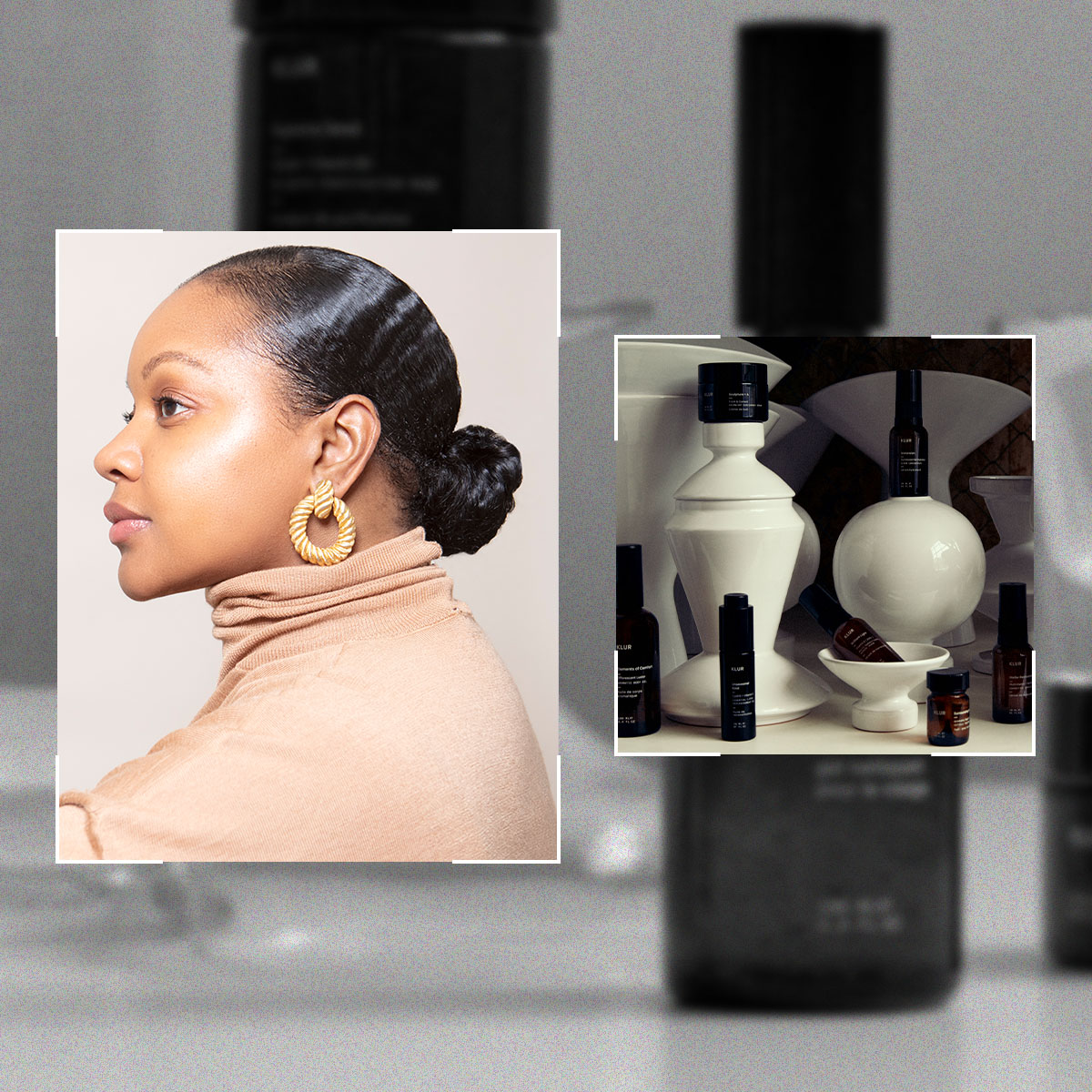 Klur Founder Lesley Thornton Puts the Needs of Black Skin First—Here's Why
Klur Founder Lesley Thornton Puts the Needs of Black Skin First—Here's WhyIt benefits all skin types.
By Shawna Hudson
-
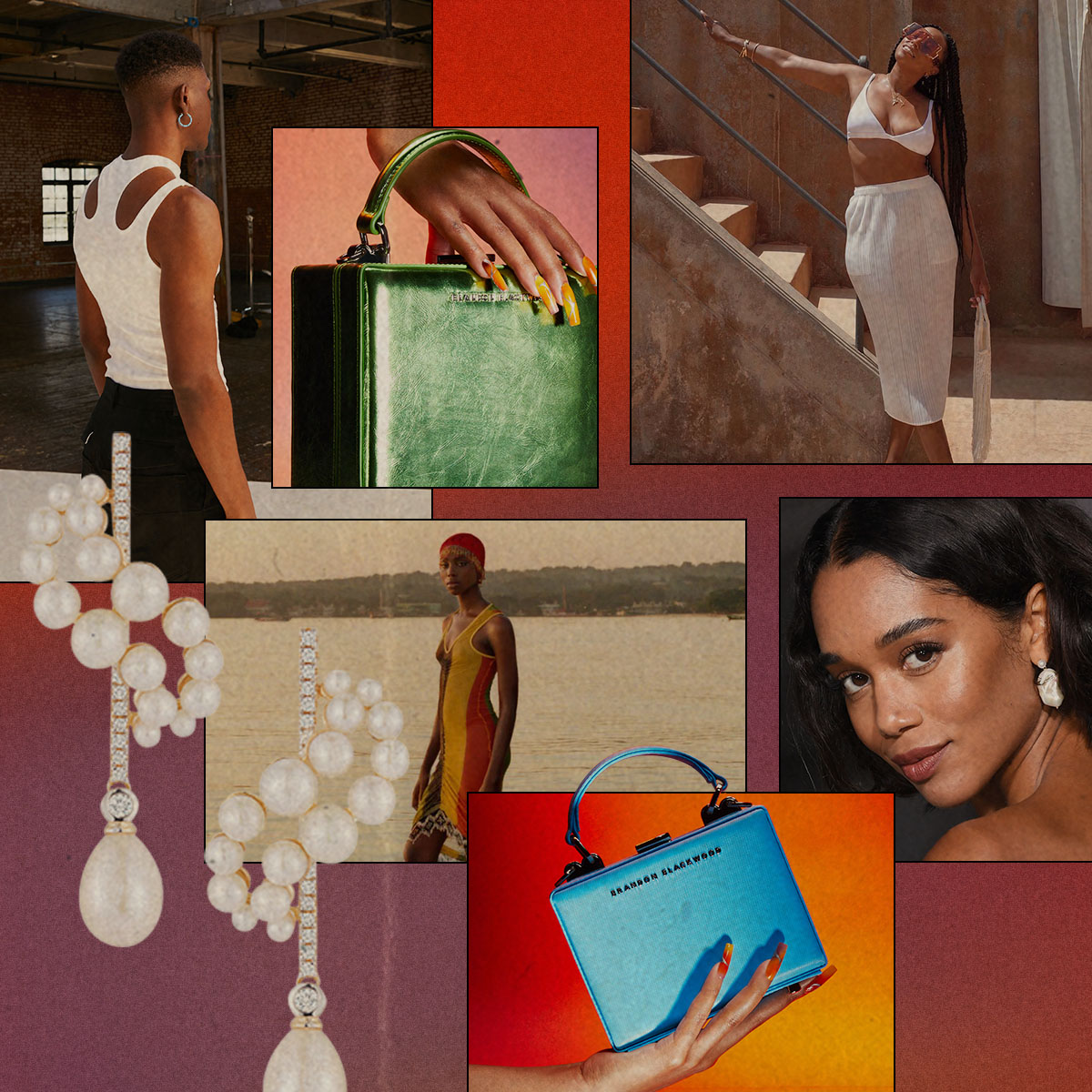 Cult Status: The It Items That Put These 5 Black-Owned Brands on the Map
Cult Status: The It Items That Put These 5 Black-Owned Brands on the MapNames to know.
By Anna LaPlaca
-
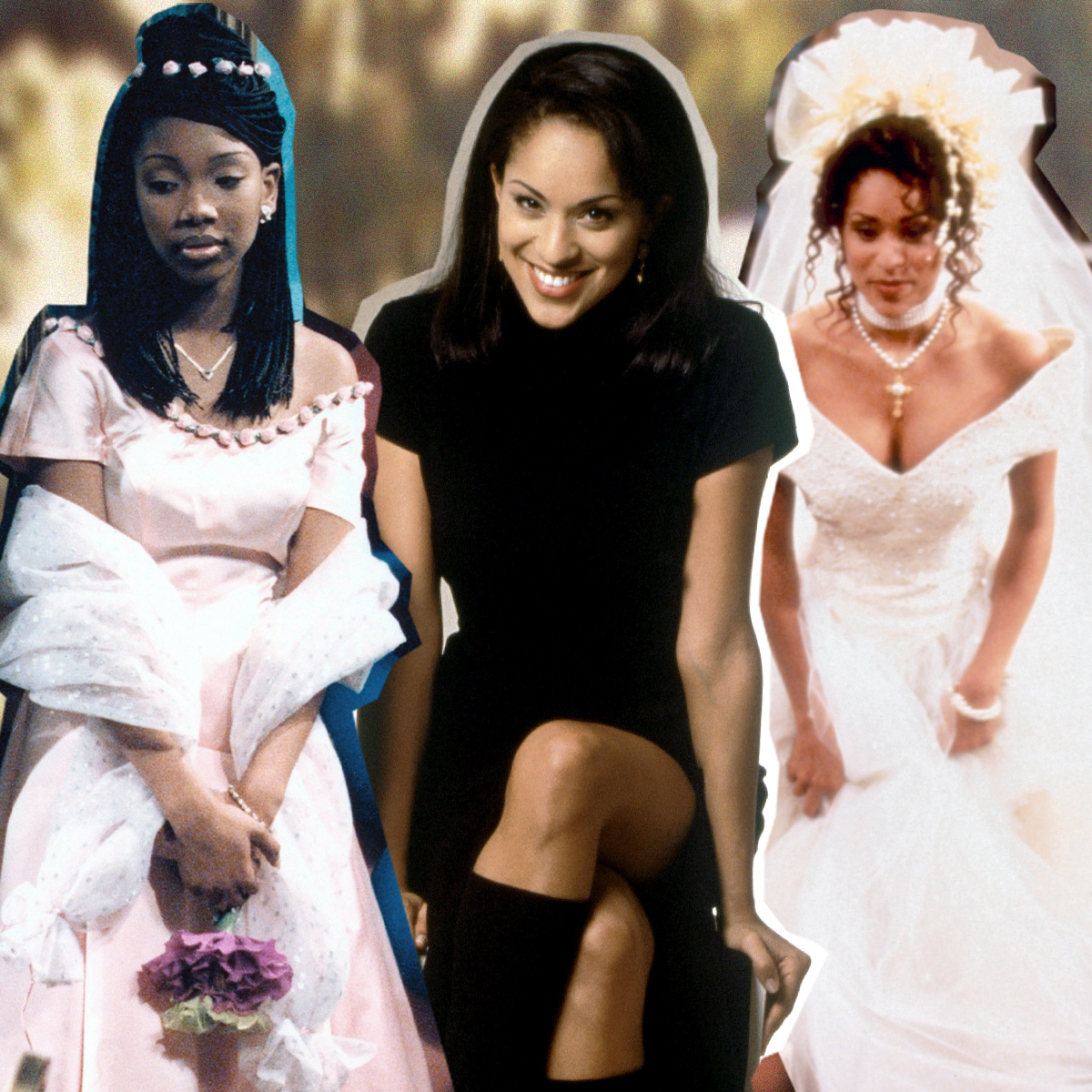 An Homage to the Style Influence of Black TV and Movie Icons
An Homage to the Style Influence of Black TV and Movie IconsTrendsetters.
By Yusra Siddiqui
-
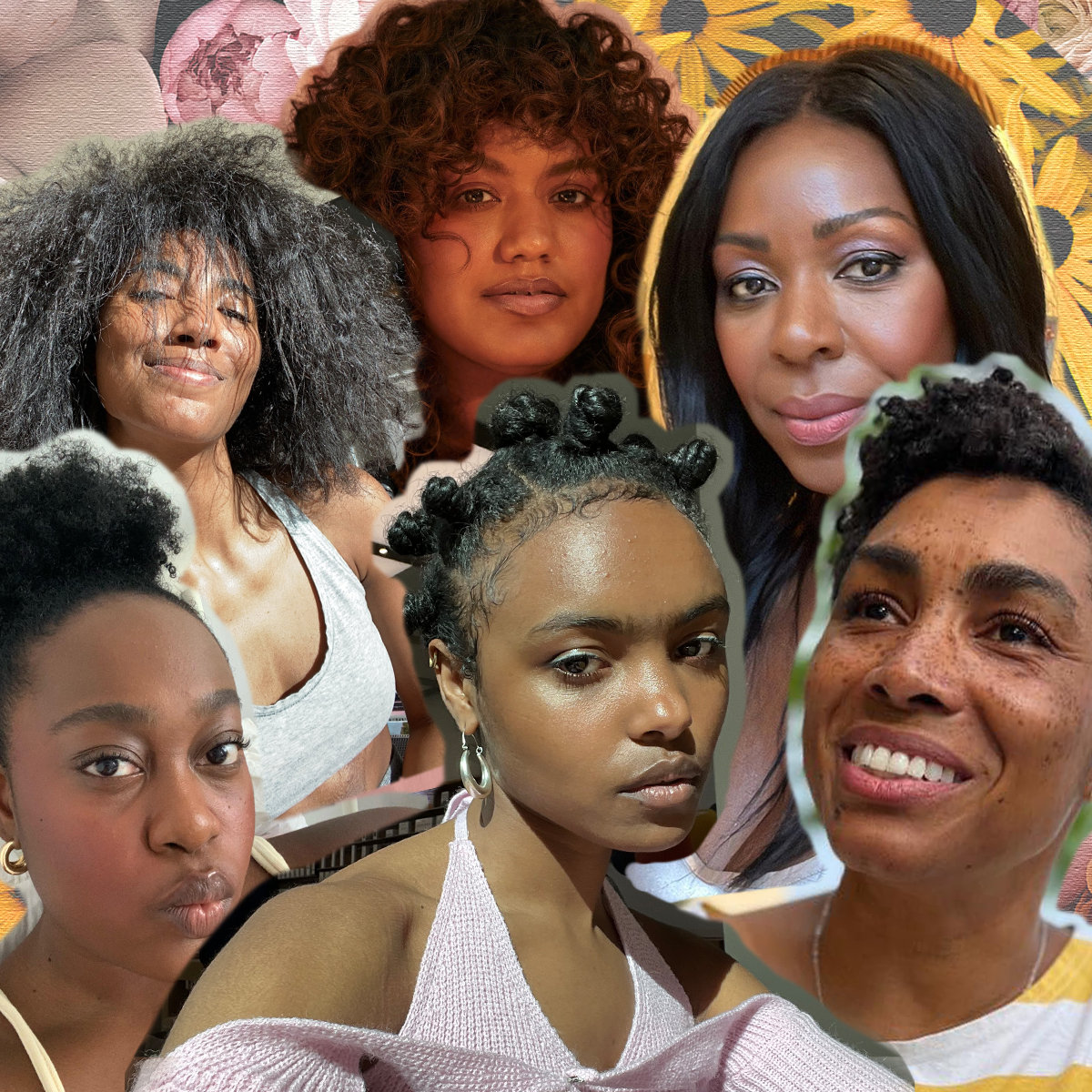 Therapy Time: 6 Black Women Deep-Dive Into Their Natural-Hair Journeys
Therapy Time: 6 Black Women Deep-Dive Into Their Natural-Hair JourneysYou're going to want to hear this.
By Sierra Mayhew
